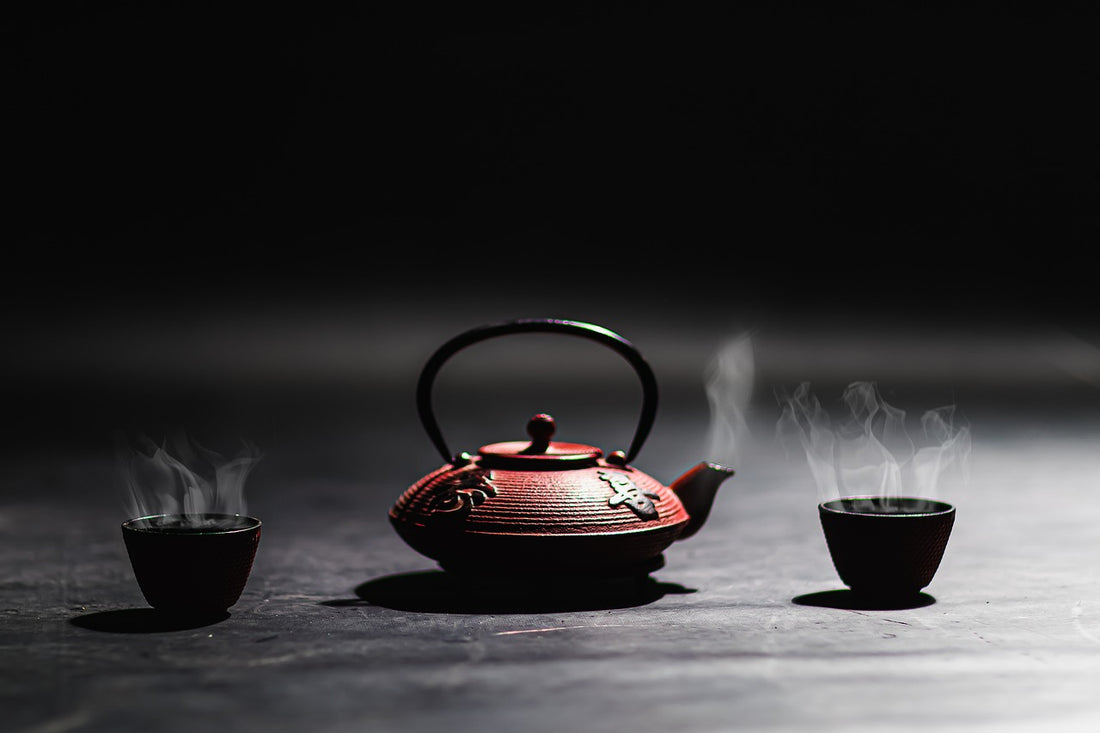
Tea and Legends: The Rich History of the Mystical Drink
Tea is a popular beverage that has a rich and varied history. In addition to being a tasty drink, it also holds symbolic meaning in different cultures. Tea is often associated with stories, myths, and legends that have contributed to making it even more mystical. In this article, we will explore some of the most famous myths and legends surrounding tea and how they have influenced the culture and perception of tea over time.
The history of tea
Tea originated in China, where it has been used for thousands of years both as a beverage and as a medicinal plant. According to legend, the Chinese emperor Shen Nong discovered tea by accident in 2737 BC. He was sitting under a tree boiling water when a tea leaf fell into his cup. He tasted the drink and was pleasantly surprised by its flavor. Since that day, tea has become a highly appreciated beverage in China.

In the 9th century, tea was introduced to Japan by Buddhist monks who imported it from China. Japan has since become famous for its tea ceremonies, which are a complex and highly respected ritual that highlights the beauty and simplicity of tea preparation.
Myths and Legends about Tea
Tea has always been surrounded by mystery and magic, making it a fascinating subject for stories and legends. Here are some of the most famous myths surrounding tea.
The tale of the origin of the color of tea
According to Chinese legend, the color of tea is due to a dragon. The legend says that tea was originally a plant with green leaves. One day, a dragon landed on a tea field and began to breathe fire. The tea leaves started to burn and turn reddish. The people who saw this decided to pick the burned leaves to make tea. Since that day, tea has always had a brown or reddish color.
The Tale of the Tea Dragon
The tea dragon is a mythical character in Chinese culture that is often depicted as a dragon with a kettle for a head. The legend says that the tea dragon was created to represent the importance of tea in China. According to the legend, the tea dragon lives in the mountains and keeps the tea fields safe. If a stranger enters the tea fields, the tea dragon scares them away with its kettle by breathing out hot steam.
The Legend of Tea and Buddha
According to legend, the Buddha fell asleep for a long period while meditating. Upon waking, he was so frustrated to have slept for so long that he would have torn off his eyelids and thrown them into a field. The eyelids began to sprout and produced the first tea plant. The Buddha tasted the drink and found that it had a stimulating effect on the body and mind, and since then, tea has become an important beverage in Buddhist practice.
The esotericism of tea
In addition to myths and legends, tea also has a symbolic meaning in different cultures. In Chinese tradition, tea is often associated with wisdom and inner peace. Buddhist practitioners view tea as a symbol of meditation and serenity. In Japan, the tea ceremony is regarded as a form of art that celebrates harmony, respect, and purity.

Nowadays, tea is also associated with esotericism and spirituality in certain cultures. In the practices of Wicca and modern witchcraft, tea is often used in rituals for its symbolic meaning and for its ability to aid in concentration and meditation.
Tea is more than just a beverage; it has a rich and varied history that has influenced its symbolic meaning in different cultures. The myths and legends surrounding tea have contributed to making it even more mystical and fascinating. Nowadays, tea is still associated with wisdom, meditation, and harmony, and is appreciated for its health benefits and delicious taste. Whether you drink tea for its symbolic meaning or simply for pleasure, it is clear that tea holds a special place in our culture and history.
